What are the types of math?
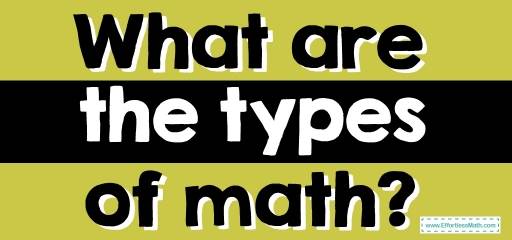
Throughout the day, you use math, whether you know it or not. There’s no such thing as being well organized without keeping track of time, counting, and budgeting. Math plays a major role in our lives every single day.
Math has come a long way. One of the oldest number systems was the Babylonian system, where they used tally marks and stones for a number system that equals 60. How cool is that?
Naturally, as time progressed, humans developed more complex ways of calculating things and more advanced types of math.
Whether it’s math for space (physics) or math for everyday subjects like addition, multiplications, subtraction, and percentages, to keep track of your money, math is necessary, and there are levels.
What are the different levels of math?
According to britannica.com, “Mathematics deals with logical reasoning and quantitative calculation. Since the 17th century, it has been an indispensable adjunct to the physical sciences and technology, to the extent that it is considered the underlying language of science.”
The primary levels of math are Algebra 1 geometry, algebra 2 trigonometry precalculus, and Calculus. These levels are organized based on the level of difficulty. Without passing one, you will not understand geometry or precalculus. For the longest time, the study of mathematics has been Limited.
However, over time, math has evolved and become more and more complex. Even in modern society, mathematics continues to contribute to technology. From different areas like financial, operation research, marketing reach, public sector, and IT. Math has helped to transform and change the world.
Mathematics is a layered study that covers broad topics that are interlinked and overlapping. The classification of subjects is needed to help to organize concepts. So that students can gain a clear foundation on the basics before proceeding to more advanced math.
Arithmetic: is one of the oldest and simplest types of mathematics adding, subtraction, multiplication, and division are all how numbers are dealt with in different ways. These functions are used to solve larger problems with numbers to solve more complex problems like exponents and many other types of calculations.
Arithmetic is used in many different jobs like statistics, physics, informatics, accounting, computer programming, and data analysis.
Algebra: stems from the Arabic word, al-jabor meaning broken parts. Algebra examines math symbols.
The numbers help to develop formulas and rules and to also find missing or unknown values. The subject usually helps with logical thinking and teaches you to break down problems.
Algebra can be found in science, chemistry, physics, forensic science, astronomy, medicine, and geology.
Geometry: The word geometry stems from Greece, and it means Earth and measure: so the measurement of Earth. Geometry deals with shapes, sizes, figures, and their Properties. Geometry mostly looks at the angles, points, lines, and surfaces.
Solving problems with flat shapes like circles, rectangles, and triangles, usually two-dimensional, is pretty standard—some 3-dimensional shapes in Geometry are columns, spheres, cubicles, and cubes.
It is not only important for the physical world but it’s used in astronomy as well. Other career paths like architecture, aerodynamics, and engineering also used geometry too.
.
Where are some mathematical levels for subjects advanced courses:
Trigonometry: stems from the Greek word trigonal, meaning triangle—the relationship between angles and two sides of triangles. The triangle-themed subject can be found throughout the geometry. Trig has connecting similarities between other branches of mathematics.
Interestingly enough, doctors use trigonometry to understand waves in radiation, x-rays, ultraviolet rays, and water.
Analysis: during the Scientific Revolution, mathematical analysis was formed. However, it is said that analysis predates the Scientific Revolution. In a way, calculus forms the basis of the analysis rate of change in various quantities.
Analysis analyzes the complexities of real and complex numbers and functions. Stems from calculus involve easier concepts and technical analysis.
The study of analysis can be applied to The space of objects That examines the definition of topological space. To calculate the particular range of metric space.
Levels of Math
- Number theory
- Algebra
- Geometry
- Arithmetic
- Combinatorics
- Topology
- Mathematical Analysis
Advanced Mathematics
- Calculus
- Statistics and probability
- Set theory
- Trigonometry
Check out this link to learn more about branches of mathematics: pearson.com/advanced math
For additional information on different types of mathematical branches, check out this informative yet detailed blog post. The pictures help to create a visual representation of the actual classification of the branches: Main Branches of Mathematics Tree
Common Questions
What are the main levels of math?
- Algebra
- Geometry
- Trigonometry
- Calculus
- Statistics and Probability
What are the types of math for advanced classes?
The type of mathematics for advanced math involves:
- Analysis
- Discrete math
- Applied Mathematics
- Topology
- Order Theory
- Cartesian geometry
- Matrix algebra
What type of mathematics does calculus fall under?
Calculus deals with the study of continuous change. Calculus aims to focus on concepts of limits, derivatives, and integrals of various functions.
The subject falls under a branch called applied mathematics. Believe it or not, it’s the foundation for every other Advanced type of mathematics. It all connects back to calculus. For example, calculus is used to calculate engineering applications.
So applied mathematics is made up of science, engineering, and other fields where math is used or where existing mathematical challenges arise.
Why are the mathematical branches important for you to learn?
Maybe you are just curious. Perhaps by reading this article, you are interested in learning about the different branches because you’re trying to prepare for high school. Prepare for college or prepare for some big exam.
Maybe you want to understand certain types of math out there before you take the class.
Do you probably want to know more about it to see what type of math aligns with your future career?
Or perhaps you’re just interested in the origin of some of the branches of mathematics? Whatever the reason, hope this article helps!
Related to This Article
More math articles
- How is the PSAT/NMSQT Test Scored?
- 6th Grade MAAP Math Worksheets: FREE & Printable
- How to Simplify Radical Expressions? (+FREE Worksheet!)
- Top 10 DAT Quantitative Reasoning Practice Questions
- Using Number Lines to Subtract Integers
- How to Find Constant of Proportionality?
- Everything You Need to Know to Choose the Right Laptop
- The Ultimate 6th Grade MCA Math Course (+FREE Worksheets)
- How to Multiply and Divide Complex Numbers in Polar Form?
- How to Graph Trigonometric Functions?
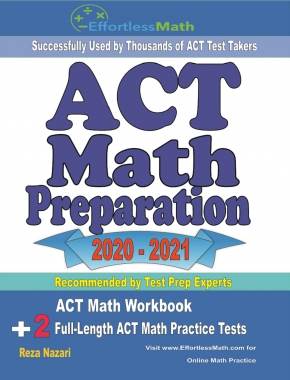




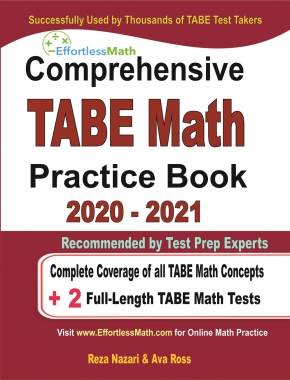




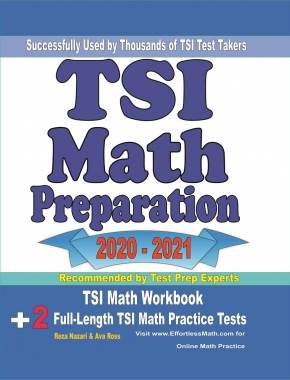

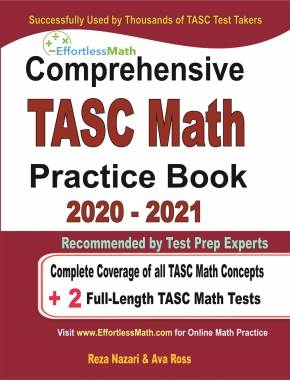
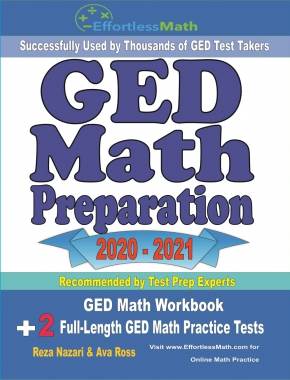




What people say about "What are the types of math? - Effortless Math: We Help Students Learn to LOVE Mathematics"?
No one replied yet.